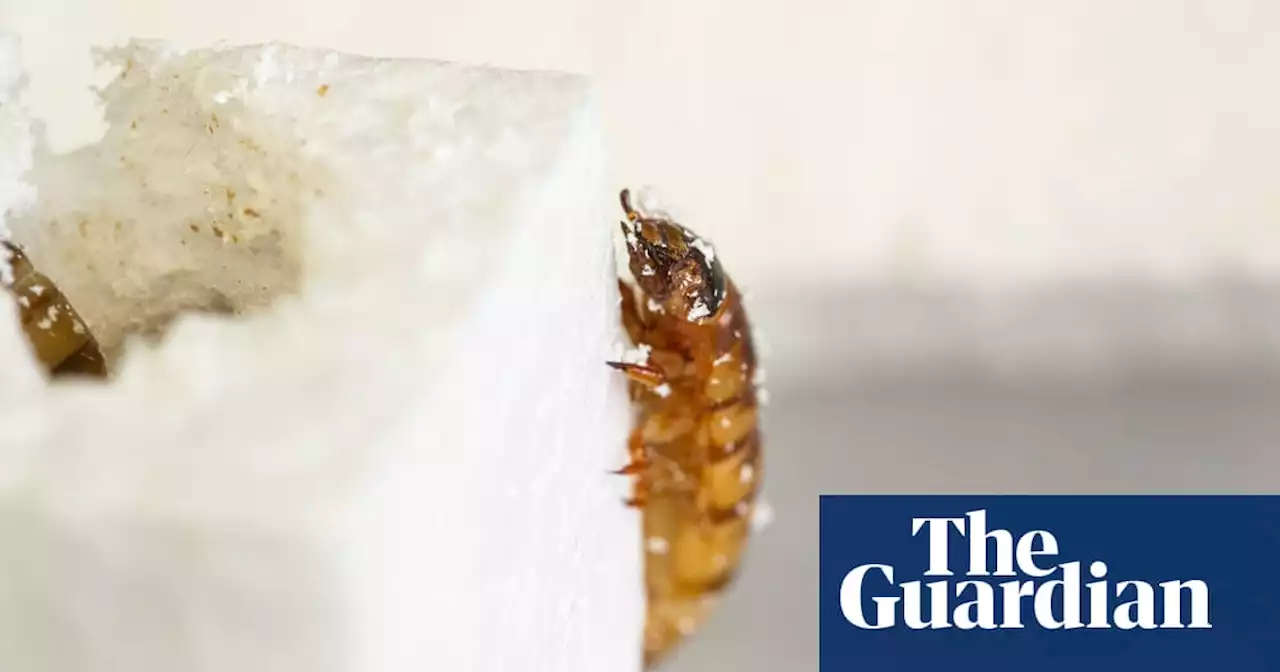New research shows the gut of the Zophobas morio beetle larvae contains enzymes capable of breaking down the plastic, which is difficult to recycle
Beetle larvae that can shred and eat polystyrene may provide alternative methods of breaking down and upcycling plastic waste, new research suggests., a species of beetle, are commonly known as superworms and contain several gut enzymes that are capable of digesting polystyrene, Australian scientists have found.Polystyrene is a widely used plastic, found in its solid form in everyday items such as containers, lids and disposable cutlery.
For three weeks, researchers at the University of Queensland fed superworms a polystyrene foam commonly used in building insulation.The larvae that snacked on plastic were able to complete their life cycle, becoming pupae and then adult beetles. However, they gained less weight than superworms that were fed a bran diet, and had less healthy gut microbiomes.
Dr Chris Rinke of the University of Queensland, a co-author of the study, said within 24 hours, the superworms started “attacking the polystyrene and eating their way into it”. “Within 48 hours … the faeces they produce turn from their usual brown – when they eat bran – to white.” Rinke said the superworms first mechanically shredded the polystyrene foam, and microbes in their gut contained enzymes capable of breaking down polystyrene chains into styrene molecules.
